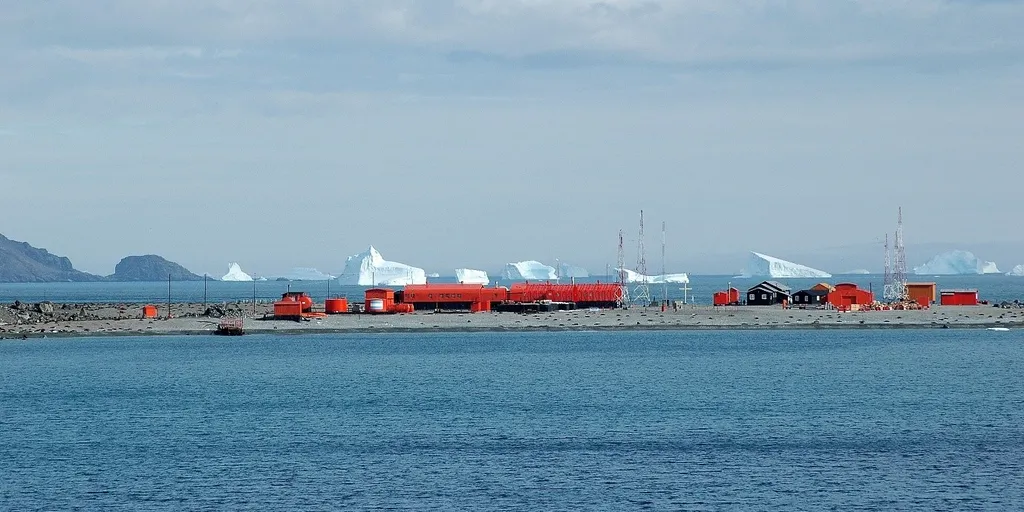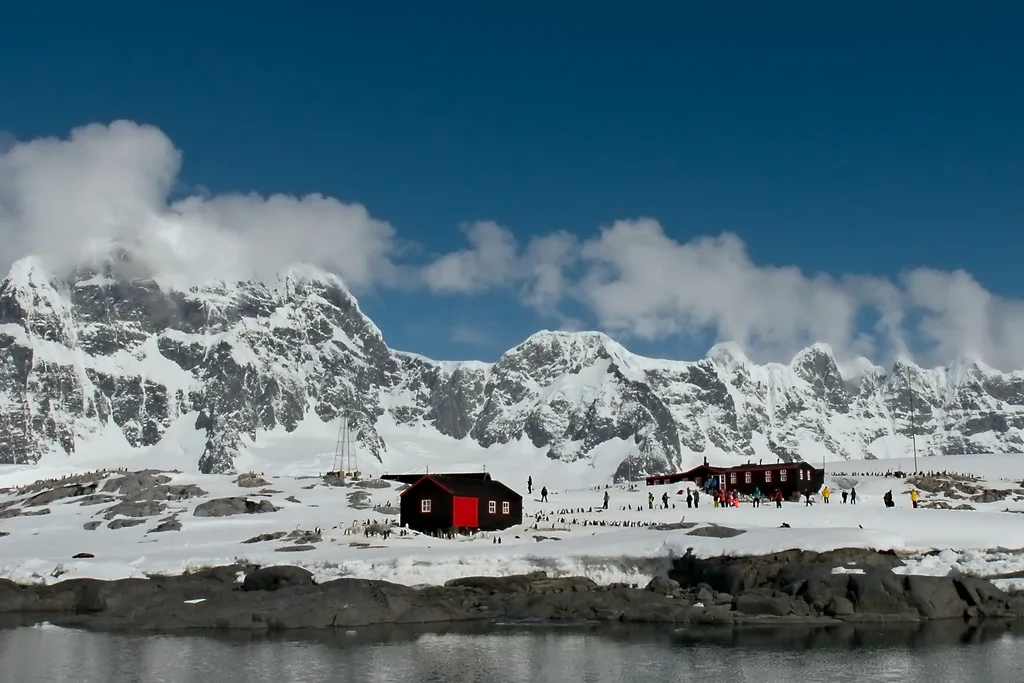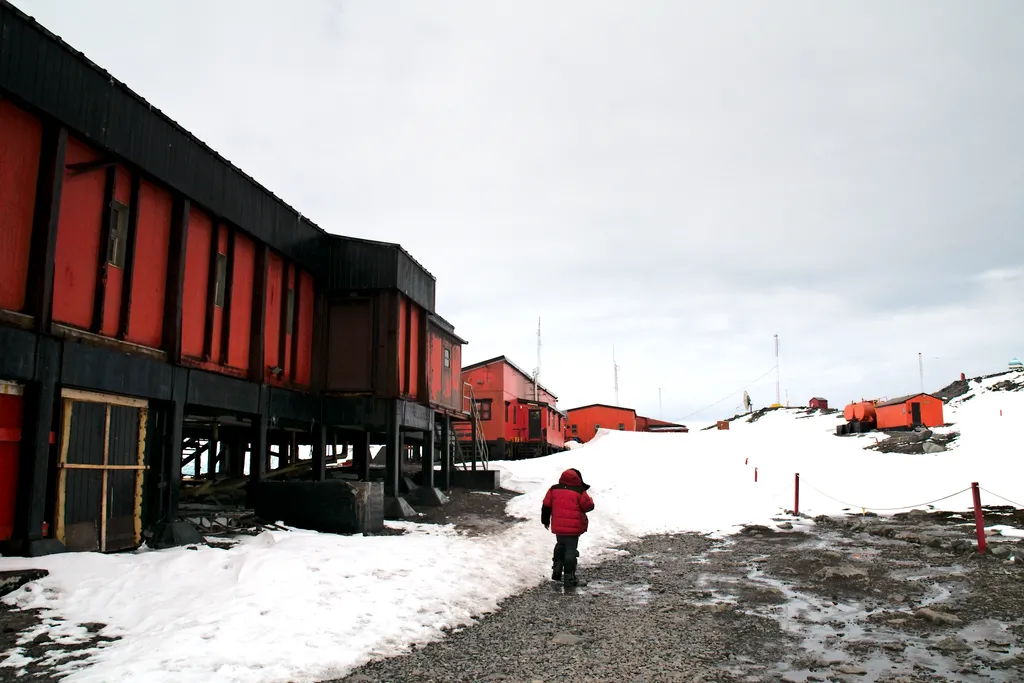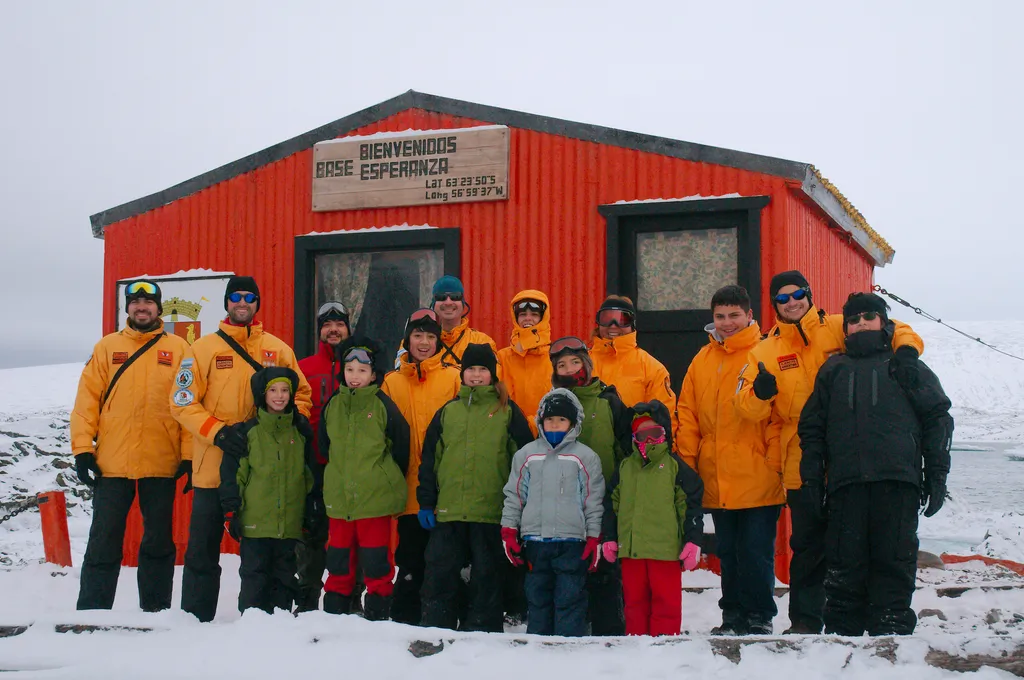In Antarctica, this psychological profile has been studied by researchers, particularly thanks to athletes who attempt to cross the continent solo. Audacity is therefore defined in three acts:
- A taste for challenge
- Commitment to the team and the goal to be achieved
- Believing that the final result can be influenced by the work put in, without being compromised by the circumstances
On the polar stations of Antarctica, mental strength and know how is as important as in extreme competitions, even if the context is a little different. South of Cape Horn, on the Antarctic Peninsula, freezing temperatures and snowstorms create a hostile climate.
About 40 polar stations are open during the summer. They are isolated and operate with limited and exhaustible energy reserves, material and human resources.







